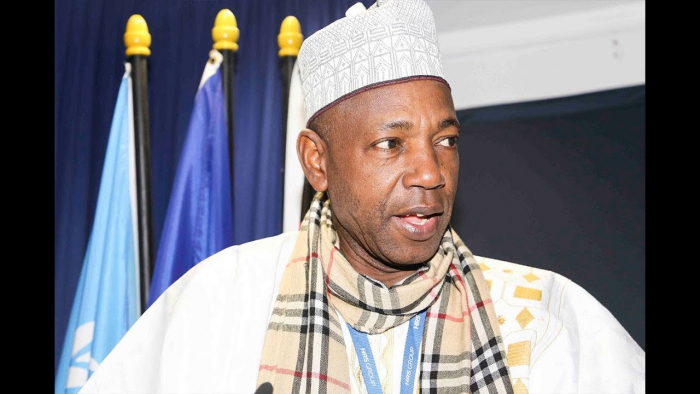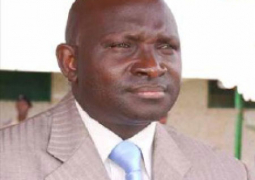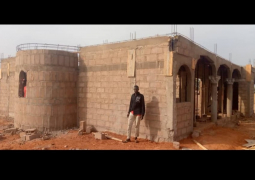
What began as a routine sit-down on national developments turned fiery as Minister Bah erupted in defense of his ministry’s handling of Jammeh-era asset disposals, accusing journalists and critics of "misinforming the public" and distorting facts.
Bah’s reaction was triggered when questioned about growing protests over transparency in the sale of former President Yahya Jammeh’s seized assets particularly concerns about buyer anonymity and undervalued transactions.
“People should read the Whitepaper. They should read the report and form an opinion, not based on social media, speculative, bad journalism,” Bah said.
When pressed further about the sale prices, he insisted that many assets had been revalued before being sold, particularly under the guidance of the receivership.
“That is in black and white. The report is there. Go and read it,” he stressed.
The journalist questioned the integrity of the report itself, given the lack of clarity and public access to buyer details.
Despite the tense back-and-forth, Bah denied ever benefiting from Jammeh’s rule.
“Let me repeat that I want nothing from that guy.”
Shifting tone, Bah praised the Barrow administration’s achievements, saying the roads, electricity, health services, and schools built under the current regime surpassed the last 50 years of Gambian development.
He shared a touching anecdote of a market woman who summoned a chief and an alkalolu over a land dispute hailing it as a milestone in democratic progress.
“That’s development. That’s democracy. That’s freedom!” he said.
Addressing criticisms over the new D1 million deposit requirements for presidential candidates, Bah defended it as necessary to manage the growing number of candidates, saying the system must be sustainable and administratively feasible.
“We are not depriving people. We are making sure we have a system we can manage.”
Bah admitted that the failure to allow Diaspora voting beyond presidential elections was a “missed opportunity,” suggesting that a proportional representation model would have solved the issue.
He outlined ambitious plans to reforest the country, regulate real estate agencies, digitalise the leasing system, and roll out affordable housing projects though no specific sites were confirmed.
With elections looming, Bah urged political actors to rethink their approach.
“The abuse is too much. Politics is not about insults. It’s about ideas,” he said, decrying the toxic language that has “scared dignified Gambians from joining politics.”




